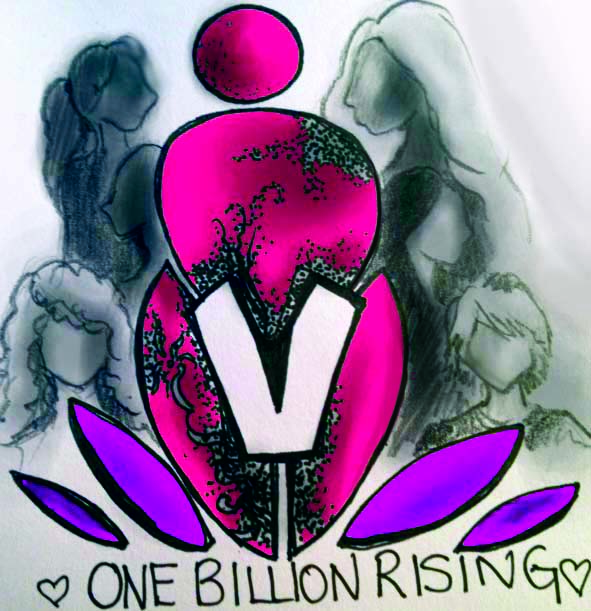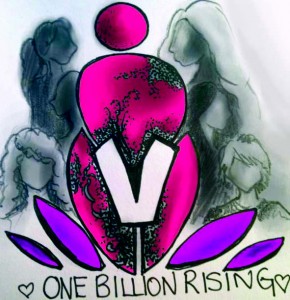Global problem, local action


Imagine that in the place of fear and secrecy regarding gender-based violence, people stood up all over the world and refused to accept the status quo of violence against women and girls.
The One Billion Rising campaign aims to do just that and bring an end to the suffering of women everywhere by raising an international awareness and voice to gender-based violence and rape culture. The global event has also gained traction in Kitchener-Waterloo, where the Sexual Assault Support Centre of Waterloo Region has picked up the cause.
Feb. 14 is the 15th Anniversary of V-Day, a movement that through public performances, education and networking, aspires to eradicate gender-targeted violence.
Sara Casselman, public relations and operations manager at the Sexual Assault Support Centre of Waterloo Region explained, “The idea is that we will be answering the call [to end violence] in terms of rising and dancing.”
Kitchener-Waterloo will be holding a flash-mob event, at noon on Feb. 15 outside of the Kitchener City Hall, to commemorate the occasion.
Casselman explained that the name “One Billion Rising” is derived from global statistics of violence against women and girls. “One billion comes from the number of women who will be raped and beaten globally,” she said.
She added that statistically, one in every three women in the world will be victim to sexual violence in their lifetime. The campaign urges the women across the world to rise up and demand an end to gender-based violence.
Jay Harrison, who is currently completing a graduate degree in social work and is a graduate of Wilfrid Laurier University, has played an active role in advocating for increased awareness to sexual violence in post-secondary institutions. Harrison explained that roughly one in four women in post-secondary institutions will experience some form of sexual violence, with most instances of abuse or sexual violence occurring by someone who is known to the victim.
“We typically have this image of what constitutes sexual assault,” Harrison said. “We picture a stranger at night, but what we actually know from research is that it’s most likely to be someone that is known. It usually takes place in a home. It’s not the dark alley sort of story.”
Harrison is part of a research group involving both the University of Waterloo and Wilfrid Laurier campuses which is exploring rates of gender violence amongst students. “It’s called the CHANGE project. Essentially what we want to do is assess the nature of the problem on both campuses and then create some action to address it,” he explained. “When we talk about gender violence, and when we talk about sexual violence, it always becomes so focused on the problem and we never start to identify some of the assets we have to address it.”
Casselman added that the campaign is an act to demonstrate the power of a group when they come together with a common goal.
“Violence is truly an issue that is impacting the lives of women that we know,” she said.
Harrison urged that one of the most important things to consider when tackling the issue of gender-targeted violence is the evaluation of our culture. “We need to look at elements of our culture and how they combine to contribute to the perpetuation of violence,” he maintained
Information about the global ‘One Billion Rising’ campaign, who is involved and how to join, can be found at onebillionrising.org.

